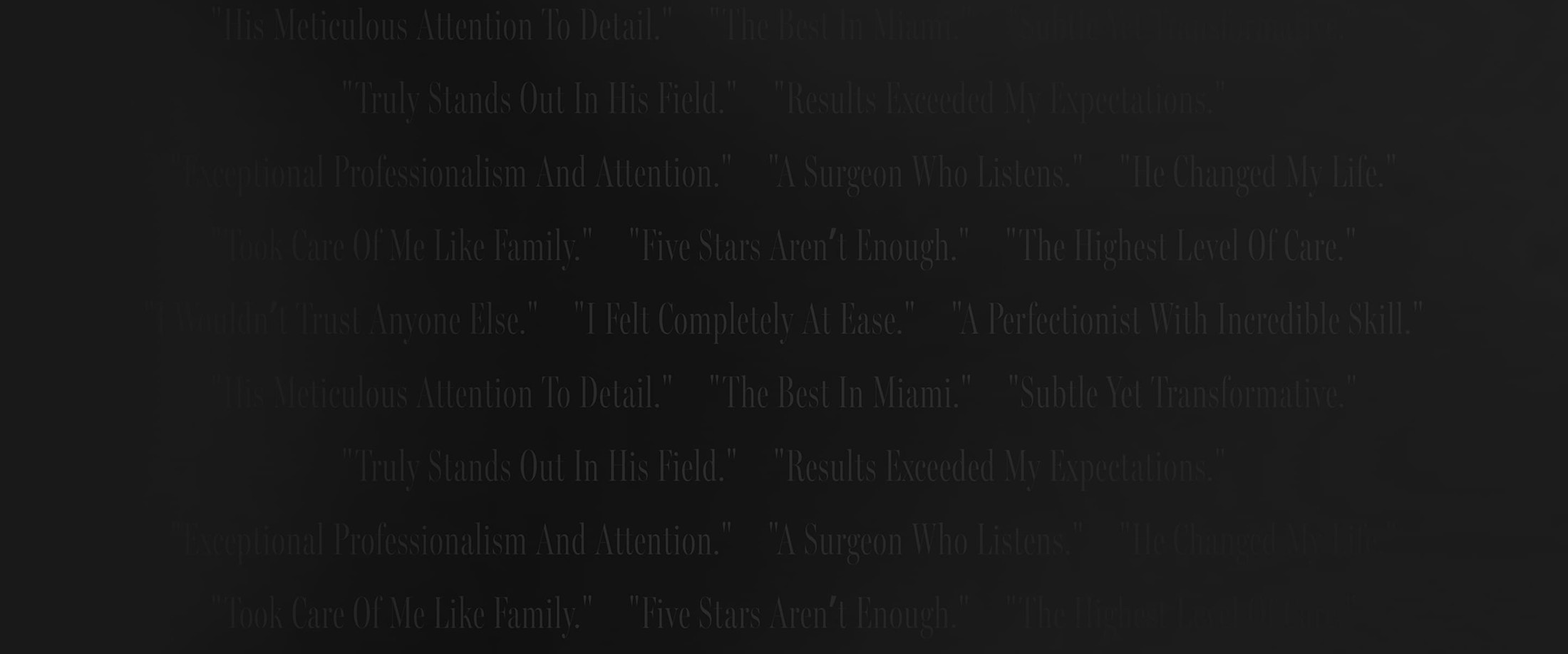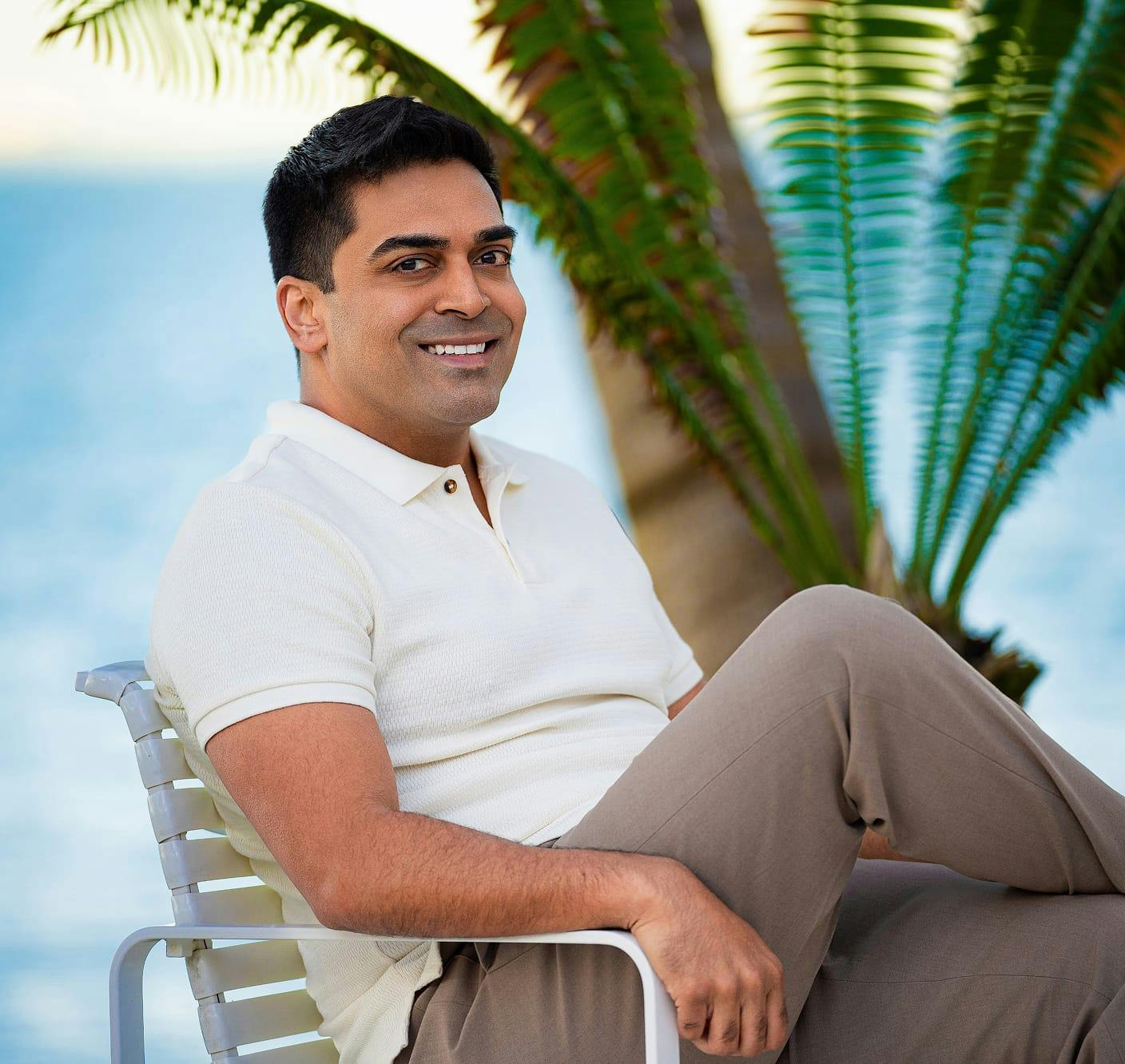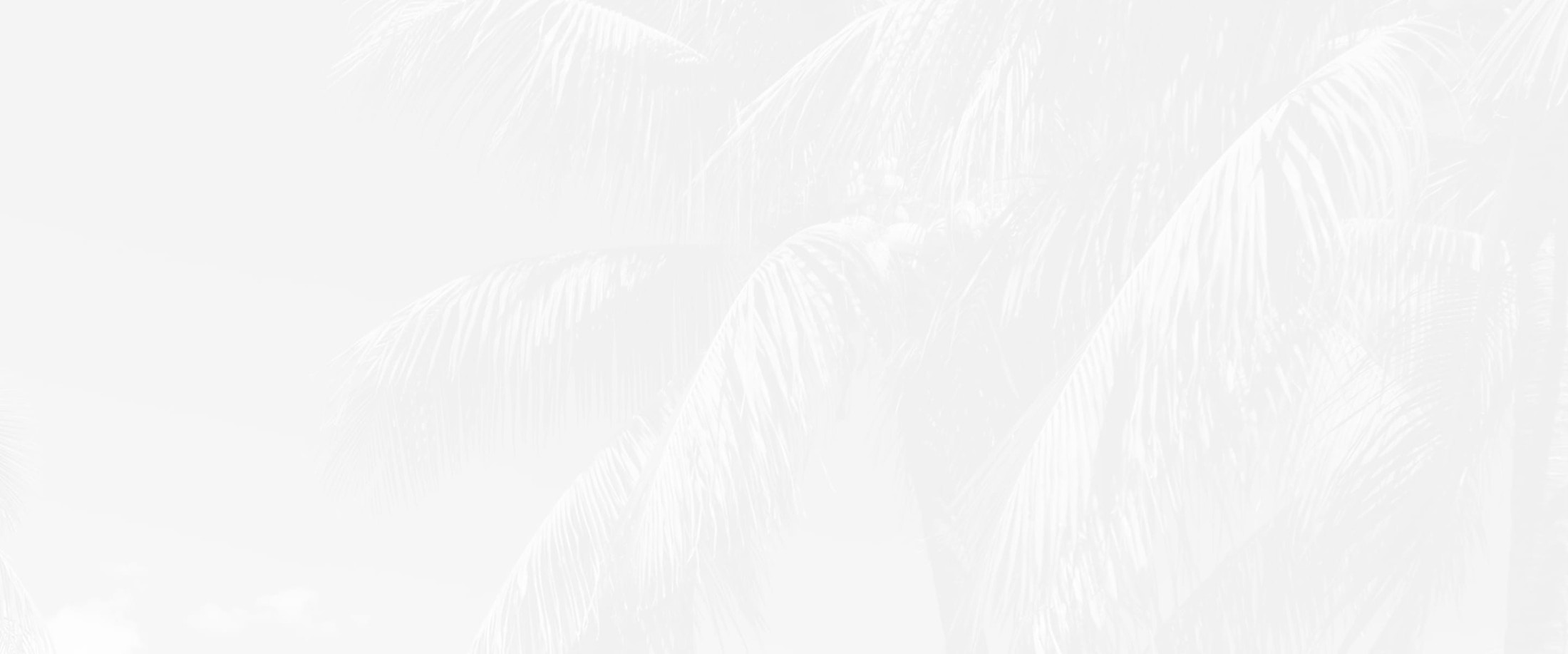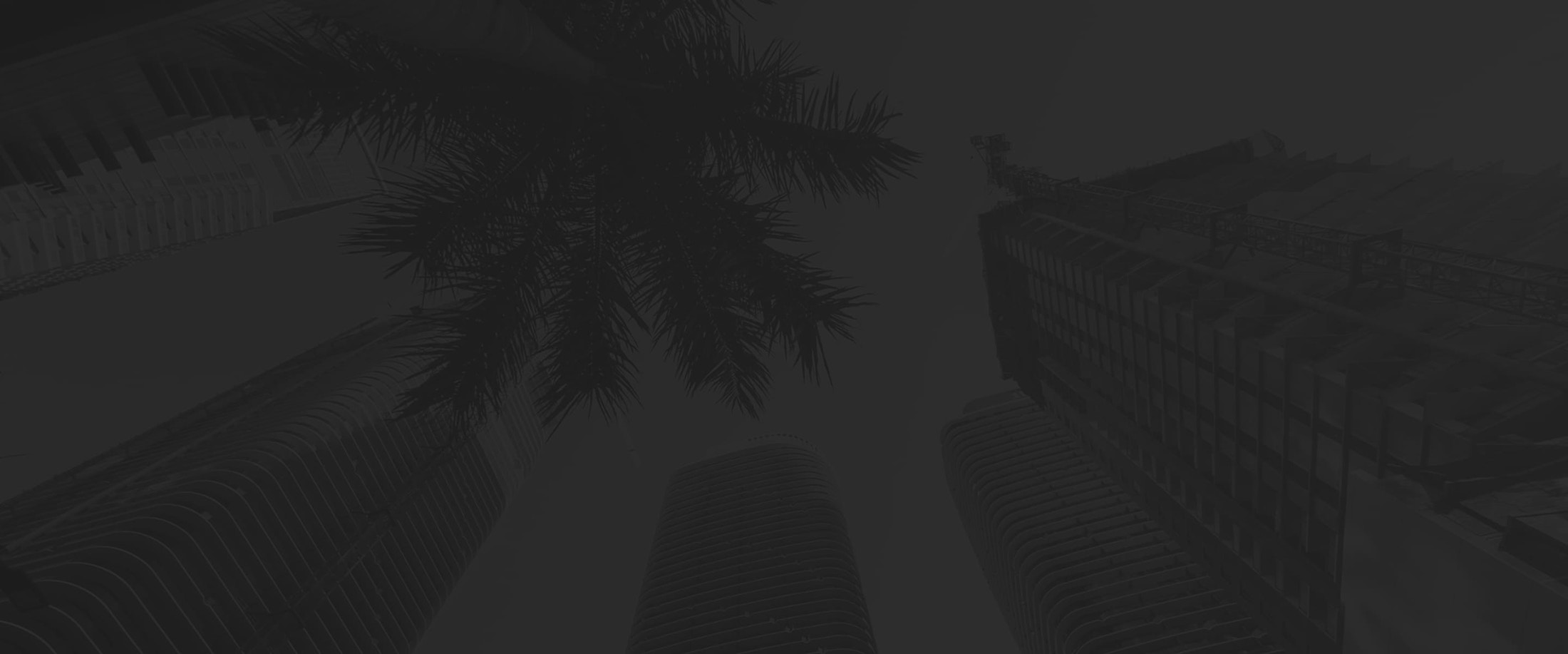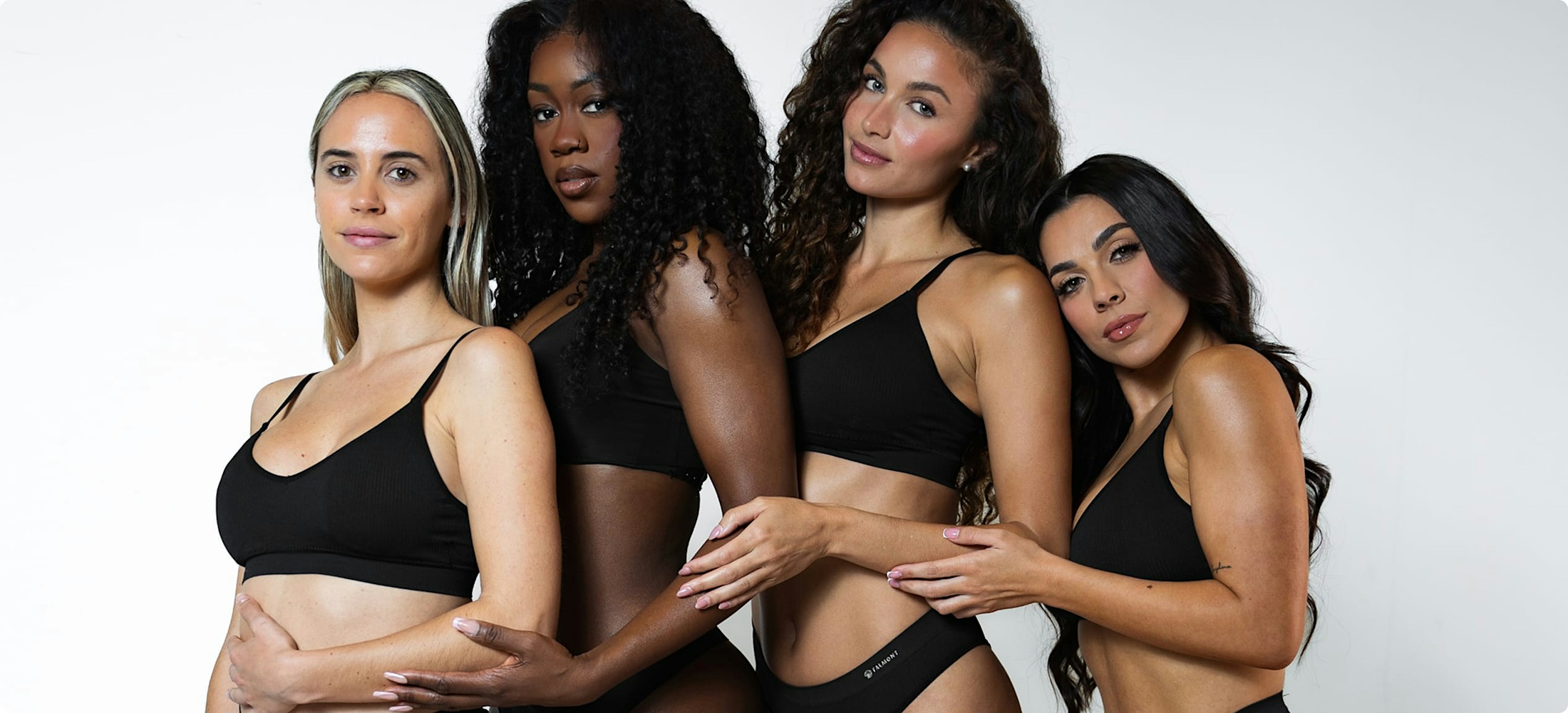His meticulous attention to detail.
The best in Miami.
Subtle yet transformative.
Truly stands out in his field.
Results exceeded my expectations.
Exceptional professionalism and attention.
A surgeon who listens.
He changed my life.
Took care of me like family.
Five stars aren’t enough.
The highest level of care.
I wouldn’t trust anyone else.
I felt completely at ease.
A perfectionist with incredible skill.
His meticulous attention to detail.
The best in Miami.
Subtle yet transformative.
Truly stands out in his field.
Results exceeded my expectations.
Exceptional professionalism and attention.
A surgeon who listens.
He changed my life.
Took care of me like family.
Five stars aren’t enough.
The highest level of care.
I wouldn’t trust anyone else.
I felt completely at ease.
A perfectionist with incredible skill.
His meticulous attention to detail.
The best in Miami.
Subtle yet transformative.
Truly stands out in his field.
Results exceeded my expectations.
Exceptional professionalism and attention.
A surgeon who listens.
He changed my life.
Took care of me like family.
Five stars aren’t enough.
The highest level of care.
I wouldn’t trust anyone else.
I felt completely at ease.
A perfectionist with incredible skill.
His meticulous attention to detail.
The best in Miami.
Subtle yet transformative.
Truly stands out in his field.
Results exceeded my expectations.
Exceptional professionalism and attention.
A surgeon who listens.
He changed my life.
Took care of me like family.
Five stars aren’t enough.
The highest level of care.
I wouldn’t trust anyone else.
I felt completely at ease.
A perfectionist with incredible skill.










